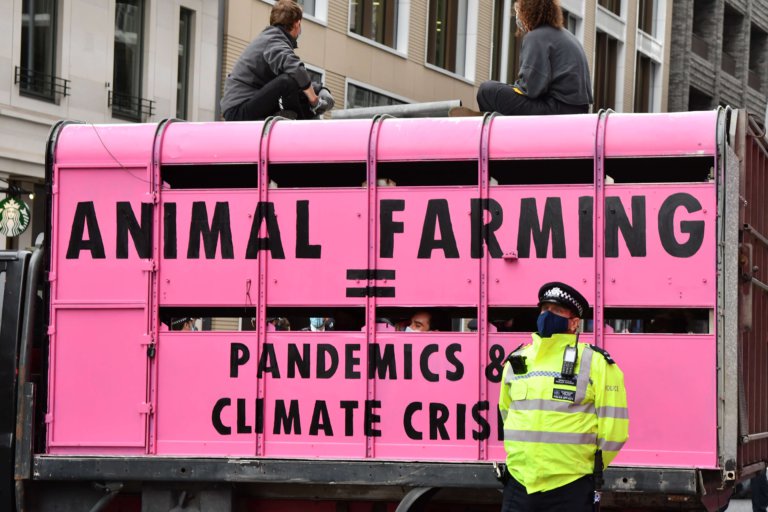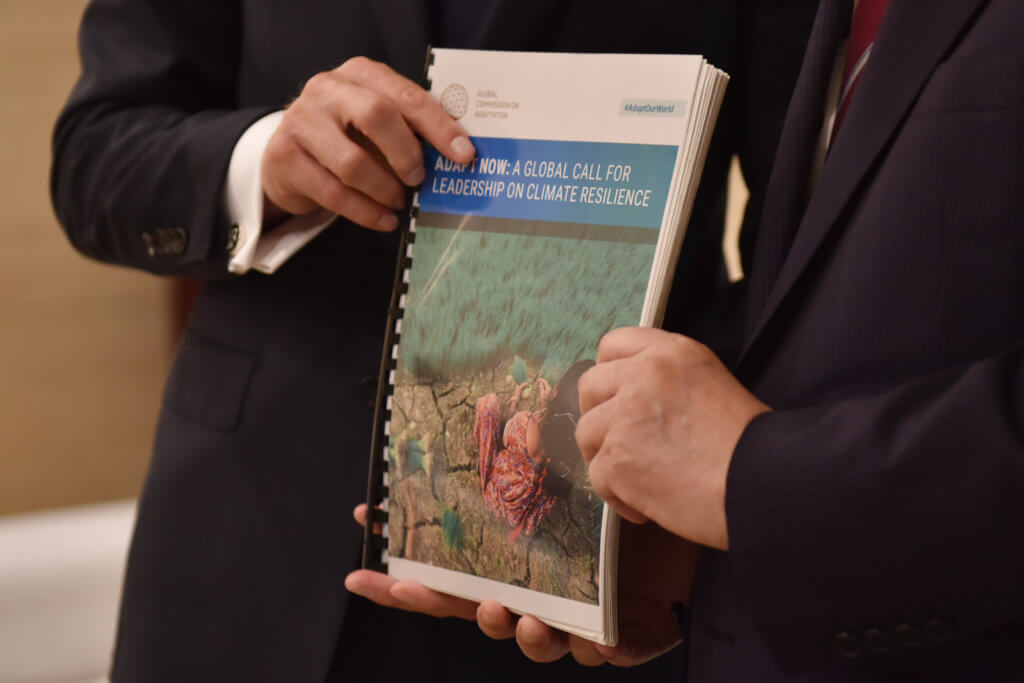
Research, awareness, exploration and career opportunity — these are some of the key benefits of a Global Affairs degree. As the name suggests, global affairs — also commonly known as international affairs — focuses on the pluralistic global order. In plain speak, this refers to issues and organisations such as the World Health Organisation, International Monetary Fund, the United Nations, and so forth. The interaction among countries, people and organisations are analysed too.
Students get to study the causes and consequences of human rights violations and international development, among several others. A fine example would be the Paris Agreement, a legally binding international treaty on climate change with a mission to limit global warming.
If you are interested in justice, peace and sustainability — issues that require multilateral cooperation — this could be the field for you. Below we take a look at what the this field of study involves:
What you will study

French President Emmanuel Macron gestures as he speaks during the Climate Ambition Summit 2020 video conference meeting. Source: Yoan Valat/AFP
A Global Affairs degree will teach you to understand and influence what’s happening at a local, regional, national or international level. As the name suggests, this is a course that will cover a wide range of subjects, with political science, policymaking, economics and international relations, being the most obvious. It will, however, likely to cover subjects such as anthropology, cultural studies, data science, sociology, geography, history, languages, law, literature, international development, philosophy, marketing and media. These will be seen from the lens of the world’s non-western, regional and rising powers and their role within a changing world order. A BSc or MSc would include a scientific element, likely in the form of data science or economic modules.
How you’ll learn
As well as lectures, seminars, tutorials and workshops, expect to take part in debates, research projects and international placements too while studying Global Affairs. You’ll likely be discussing what’s going on in the news each week too, to scan for the latest developments from the political, economic, social, technological and scientific front.
Entry requirements
Different schools have different entry requirements for Global Affairs, so be sure to check so you’re good to go. For a bachelor’s degree, you need a strong set of GCSE grades with the majority at A or A* and an IB Diploma with 38 points overall. Some schools list an A-level in General Studies as a supplementary qualification. For a master’s degree, you need a four-year bachelor’s degree in an equivalent discipline and a minimum GPA of B+.
Jobs you can get
Fancy being a diplomat? It’s a prestigious job as you will represent and protect your nation’s interests abroad with regards to politics, trade and consumer services. You’d probably get to spend a few years in a foreign country, like Ban Ki-Moon — a South Korean diplomat who was the eighth Secretary-General of the United Nations. One of his greatest achievements was the Paris Climate Agreement.

Former UN head Ban Ki-moon (right) and Patrick Verkooijen, CEO of the Global Center on Adaptation, pose with a report on climate adaptation in Beijing. Source: Greg Baker/AFP
Another job you can get with a global affairs degree is as a lobbyist, a person who promotes ideas to those in charge of making them a reality. This usually involves working with NGOs to convince governments to make decisions that would benefit their company.
Political analyst is another possible career option. This entails analysing laws, public policies and government decisions — this is where your research and analytical skills will come to full use.










